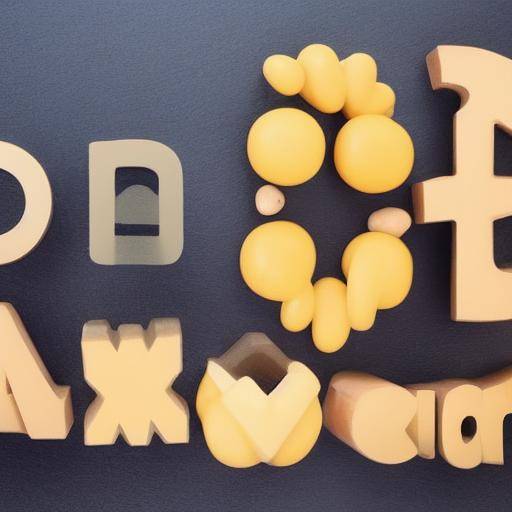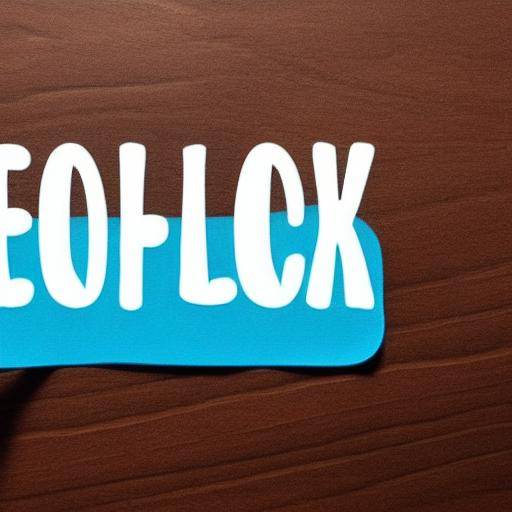
Introduction
Feedback, in the context of personal and professional development, is a fundamental tool that contributes significantly to the improvement of skills. Understanding the impact of receiving and offering effective feedback can make the difference between stagnating or advancing in work and personal life. In this article, we will explore in detail how feedback influences the improvement of skills and personal development, and provide practical recommendations supported by studies and real cases to maximize this process.
History and Background
Feedback as a practice is not new; its origins date back to the ancient cultures in which the exchange of constructive opinions and criticism was fundamental to individual and collective growth. Throughout history, feedback has evolved from simple observations to structured evaluation and continuous improvement systems. Great thinkers and leaders have recognized their importance, and their role has become even more prominent in the modern era, where continuing training and skills development are crucial in the labor and personal spheres.
Organizations, companies and professionals have recognized the need for clear and constructive feedback to boost growth and effectiveness in labour activities. This recognition has led to the development of more structured and strategic methods to provide and receive feedback, which in turn has shown a significant impact on improving skills and personal development.
Detailed Analysis
Effective feedback not only boosts skills improvement, but also has a positive impact on emotional well-being and self-confidence. Studies show that those who receive adequate feedback tend to show greater commitment to their development and an increase in self-efficiency, which helps them overcome challenges and meet their goals. However, it is crucial to note that feedback should be timely, balanced, specific and aligned with clear goals to generate a positive impact.
On the other hand, the process of offering feedback also has significant benefits for the developer, as it promotes reflection and critical analysis of one's own skills and knowledge. The ability to provide constructive and effective feedback not only improves communication skills, but also strengthens understanding of the needs and perspectives of others, creating an enabling environment for personal and professional growth.
Comprehensive review
Specific applications of feedback in improving skills vary according to context. In the workplace, feedback can enhance performance, productivity and job satisfaction. In the educational field, feedback has a direct impact on learning and skills acquisition. Also, in the personal sphere, receiving constructive feedback can boost the development of social, emotional and cognitive skills, enriching life in general.
Looking into the future, the advance of technology is transforming the way in which feedback is provided and received. Digital platforms allow for more immediate and adaptable feedback, expanding skills improvement opportunities in diverse and multidisciplinary environments.
Conclusion
In short, feedback plays a vital role in improving skills and personal development, and its impact goes beyond labour borders. Making the most of effective feedback depends not only on receiving, but also on providing feedback strategically and constructively. In doing so, opportunities are generated for sustainable growth and achieving goals at both the individual and organizational levels.
Frequently asked questions
- **How does feedback influence the improvement of professional and personal skills?**Feedback provides valuable information on performance, helping to identify areas of improvement and strengths. This allows you to adjust strategies and behaviors to develop skills effectively.
- **What is the difference between positive and negative feedback and how does it affect improving skills?**Positive feedback reinforces desired behaviors and motivates further improvement, while negative feedback points to areas of improvement. Both are important, but they must be balanced and constructive to be effective.
- **How can I receive effective feedback to boost my personal development?**It is important to be responsive and open, to seek feedback from various sources and to apply the advice received. Reflecting on feedback and using it to set clear goals is also crucial.
- **What are the best practices when offering feedback to others to maximize their impact?**Providing specific, timely and balanced feedback, focusing on observable behaviors and providing concrete suggestions for improvement, is essential to maximize its impact.
- **What is the role of feedback in developing skills in educational settings?**In educational settings, feedback helps students better understand their strengths and areas of improvement, facilitating learning and developing academic and personal skills.
- **How is feedback evolving with the advancement of technology and its influence on skills development?**Technology has allowed feedback to be more immediate and accessible. Digital platforms and data analysis tools facilitate continuous and personalized feedback, improving skills development.
In conclusion, effective feedback is a powerful tool that drives improvement of skills and personal development. This article has explored in detail its impact, origin, evolution and applications in various contexts. By strategically understanding and applying feedback, both at reception and delivery, the door opens to continuous and significant growth. It is in our hands to take advantage of this tool to achieve our highest professional and personal potential.






















































